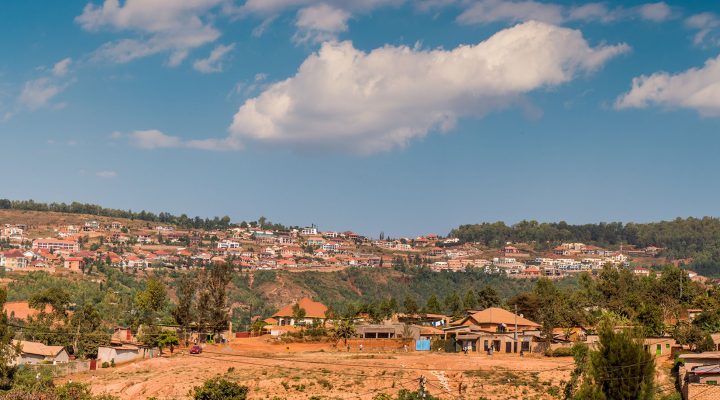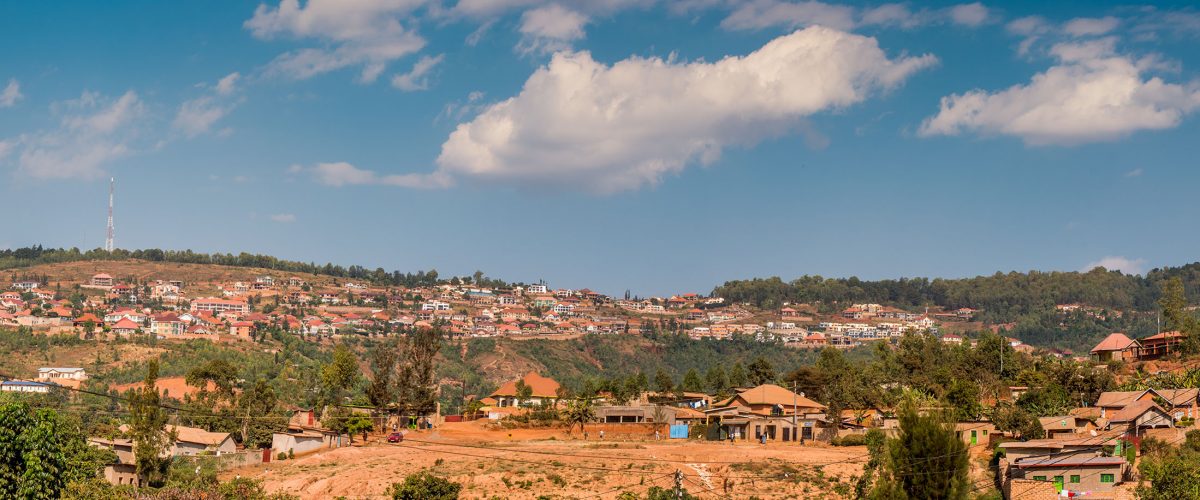The Rwandan government has once again begun enforcing inspection of prayer houses and has closed 70% of those it inspected.
In a statement on its website, the Rwanda Governance Board stated: “RGB organizes frequent discussions and consultative meetings with church leaders, and we remind them to comply with laws and regulations. So, they were not surprised by this inspection.”
The government website explains: “The Constitution of the Republic of Rwanda guarantees freedom of worship in its article 37. The Constitution also guarantees the right to freedom of association in article 39. No one forbids people to get together and pray. However, these rights must be exercised in accordance with the law. The law requires people to pray in a place that meets certain requirements in order to prevent them from putting their lives in danger.”
The law requires faith-based organizations to possess “a certificate of legal personality issued by RGB, a valid letter of collaboration with the district for their branch(es), valid degree in theology or a degree in another domain with a valid certificate in religious studies for church managerial level.” Other conditions include having their own building, complete with toilets, washrooms and other sanitary requirements, and meeting the requirements and standards stipulated by the building code of their environment, such as being devoid of open space or tent but possessing soundproofing and enough parking/accessibility space where necessary.
In Rwanda, thousands of smaller prayer houses exist under the umbrella of churches, and these are the current targets of government regulation. Many of these are associated with independent Pentecostal ministries.
President Paul Kagame has condemned “mushrooming churches” that “squeeze even the last penny from poor Rwandans,” according to Christianity Today. “These unscrupulous people who use religion and churches to manipulate and fleece people of their money and other things will force us to introduce a tax,” he said.
Following recent RGB visits, more than half the places inspected were shut down.
Following recent RGB visits, more than half the places inspected were shut down — to the shock of many within and outside the East African country.
“More than 14,000 prayer houses have been inspected across the country so far. Of those, more than 8,000 prayer houses (70%) have been found non-compliant and were closed. The inspection is still ongoing to ensure all prayer houses meet the necessary safety standards,” RGB explained. “It should be noted that the closure of a prayer house does not necessarily entail the closure of the church the prayer house is affiliated with.”
While Rwanda’s constitution allows for freedom of worship and association, the RBG insists there is need to sanitize the religious sector:
“The law requires people to pray in a place that meets certain requirements in order to prevent them from putting their lives in danger,” it said. “In recent years there’s been a rapid rise in churches and prayer houses that operate in places that puts peoples’ lives at risk and cases of preachers engaged in exploitation of people through extorting money and property by promising miracles, encouraging harmful practices such as sowing divisionism, promoting anti vaccination ideologies and other conspiracy theories. The government has decided to intervene to protect the safety of people.”
Weeks after the RGB directive came into effect, Emmanuel Ntirenganya, a Rwandan, told BNG of his observations in the country.
“The impact of the decision is already visible as most churches are closed, and worshipers — especially in rural areas — have to make a longer distance to pray from few churches that were not shut down,” he said, adding that how this affects religion in the long-term is unclear.
“Rwanda is a secular country according to Article 4 of its constitution,” he noted, saying he does not object to the conditions placed on prayer houses. “I think the decision is necessary in line with having decent places of worship. But some of the requirements like soundproof in every church/house of worship are very demanding for most of those in rural areas, owing to limited financial means.”
Rwanda is a religiously pluralistic state with Muslims making up its estimated 13 million people.
The RGB rule is not limited to just churches. Rwanda is a religiously pluralistic state with Muslims making up its estimated 13 million people. Christianity is the dominant religion, with Roman Catholic, Pentecostal, Anglican, Protestant, Baptist, Methodist, Episcopalian, and Seventh-day Adventist denominations well represented.
According to the 2023 Report on International Religious Freedom on Rwanda published by the U.S. State Department, “U.S. embassy representatives continued to engage with the government, including the RGB and foreign affairs and law enforcement officials, on the importance of maintaining a collaborative and respectful relationship with civil society and religious organizations, guaranteeing their rights as the government formulated and enforced regulations that applied to those organizations.”
Professor Diarmaid N.J. MacCulloch of Saint Cross College, Oxford, told BNG, “It is obviously a good idea that Christian pastors and especially preachers should be well-educated, trained in logical reasoning and well-informed when they seek to lead congregations. Much deplorable behavior, especially behavior based on prejudice, comes from pastors and congregations not knowing enough about the Christian past and drawing the wrong conclusions from what they think they know. It is also right that there should be checks on the safety of premises and occasions that might present physical dangers to worshippers.”
However, MacCulloch cautioned that “it’s easy for authoritarian governments to misuse legislation that requires ministers to have been trained in a particular way or for congregations to meet officially set safety standards. It is a convenience to close down congregations not under official control or seeking to worship God in their own fashion. So, any legislation such as this should be treated with caution and should be scrutinized by human rights organizations.”
Related articles:
Will Rwanda keep the money as UK immigrant shipping deal falls apart?
Rwanda: 29 years after the genocide, there are still lessons to learn


